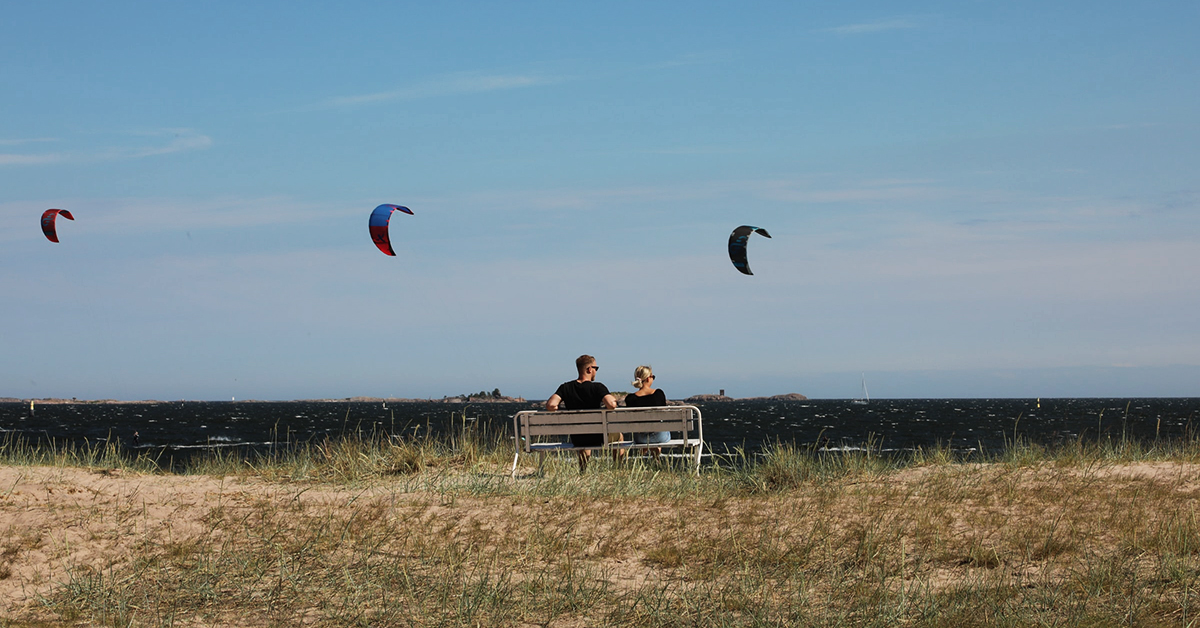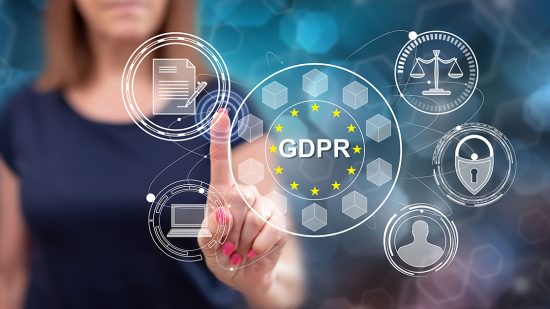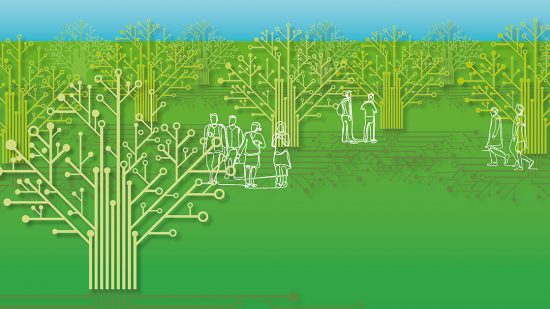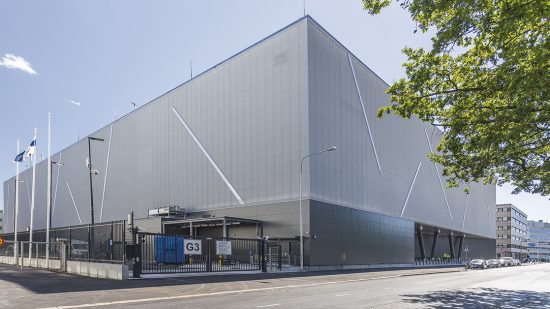This article was originally published on the Helsinki Smart website.
The corona pandemic has had devastating effects on restaurant and travel businesses. It has not only decreased travel and time spent in bars and restaurants, but also changed the way people buy goods and services. With the rising popularity of online shopping, the hospitality industry must also become more digital.
Imagine you are planning a holiday weekend in Helsinki. What if you could plan and book all your activities, accommodation and a table in your favourite restaurant, museum tickets and even souvenirs, all easily at one place?
DigiStar project in the Helsinki-Uusimaa Region helps small and medium-sized businesses in the tourism and restaurant sector to develop their digital skills. The project consists of a series of free webinars, catered to the hospitality sector, where companies learn to build their digital marketing, sales and support functions.
“The digital skills in the hospitality industry vary a lot. Some businesses already have an online store, some don’t even know how to use basic office tools. Our aim is to give them the means to revive their business after the COVID-19 crisis,” says Jari Salo, project coordinator of the DigiStar project at TIEKE Finnish Information Society Development Centre.
Digital skills for 100+ businesses
DigiStar project started in spring of 2020, quickly after the corona pandemic hit Finland. The first webinars were hosted in the autumn of 2020 and continued in spring 2021. Over a hundred small and medium-sized businesses have already participated in the project. These include, for example, restaurants, accommodation providers, tour operators and event organizers, ports, market and hall retailers and souvenir shops.
The webinar program introduces different digital tools and demonstrates how they can be used in the tourism and restaurant sector. In the webinars the businesses learn, for example, how to market services in social media, make customer surveys, analyse website data and optimize websites for search engines. The project is funded by the Helsinki-Uusimaa Regional Council Coronavirus crisis financing and the municipalities of Uusimaa.
Online store to revive business
In addition to other digital skills, the main goal of the project is to provide the hospitality companies in the Helsinki-Uusimaa Region with the skills to use a joint e-commerce platform.
“Many businesses in the hospitality sector already have a website but not an online store. During the pandemic people have become used to browsing options online and making the purchase decision on the spot. Nowadays, if you don’t have an online store, the customer will buy the service from somewhere else,” Salo says.
The e-commerce platform chosen for the training, Johku, is developed specifically to cater to the needs of tourism. The joint platform enables businesses to cross-sell their products and services, which can further increase their sales. For example, a hotel can sell tickets to local museums in their online store, or a tour operator can sell souvenirs made by a local business. The money will go automatically to the actual service provider, and companies can also agree on a commission for purchases.
“The municipalities in the Uusimaa region are investing more and more on the development of tourism in the area. By creating regional marketing and infrastructure for the local businesses they help to support the tourism sector,” Salo says.
Further information on the DigiStar project can be found on the projects own info site.









